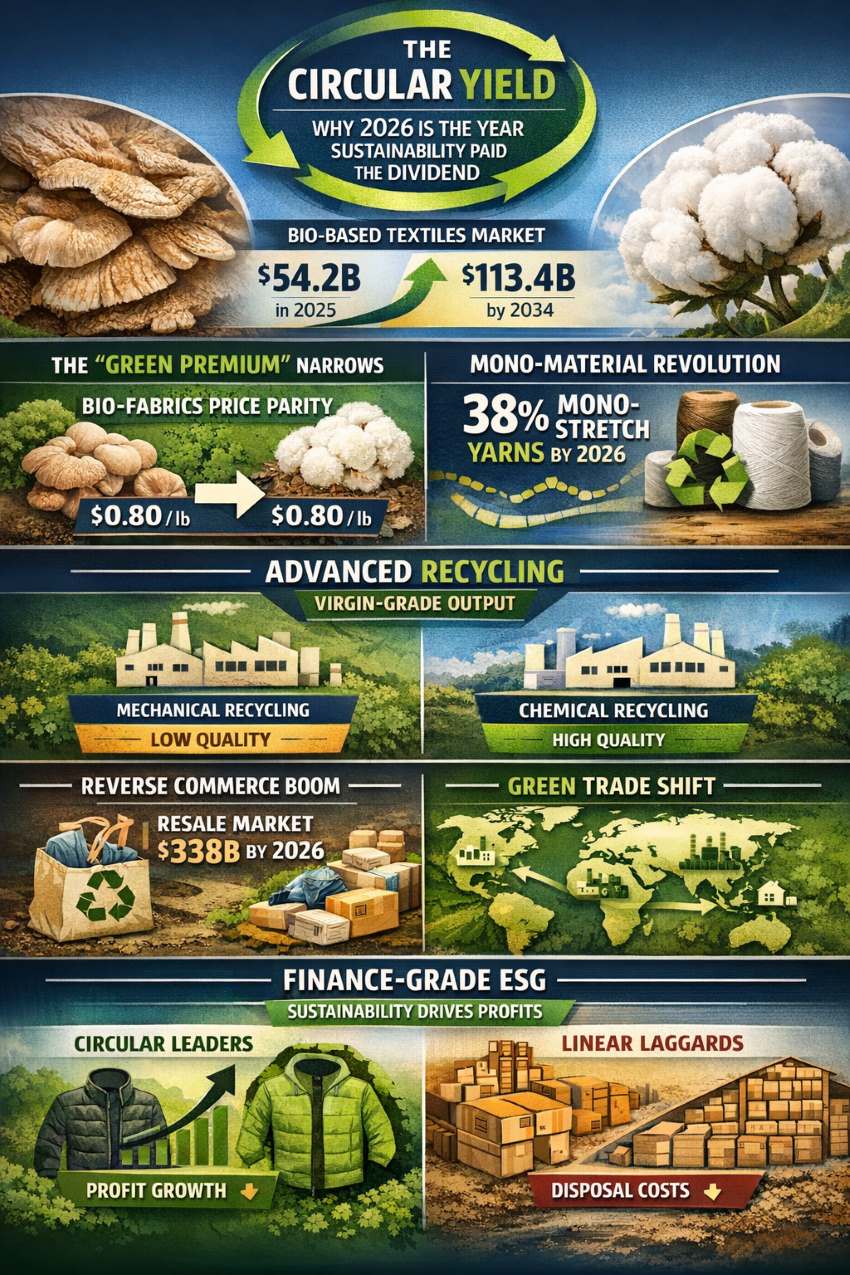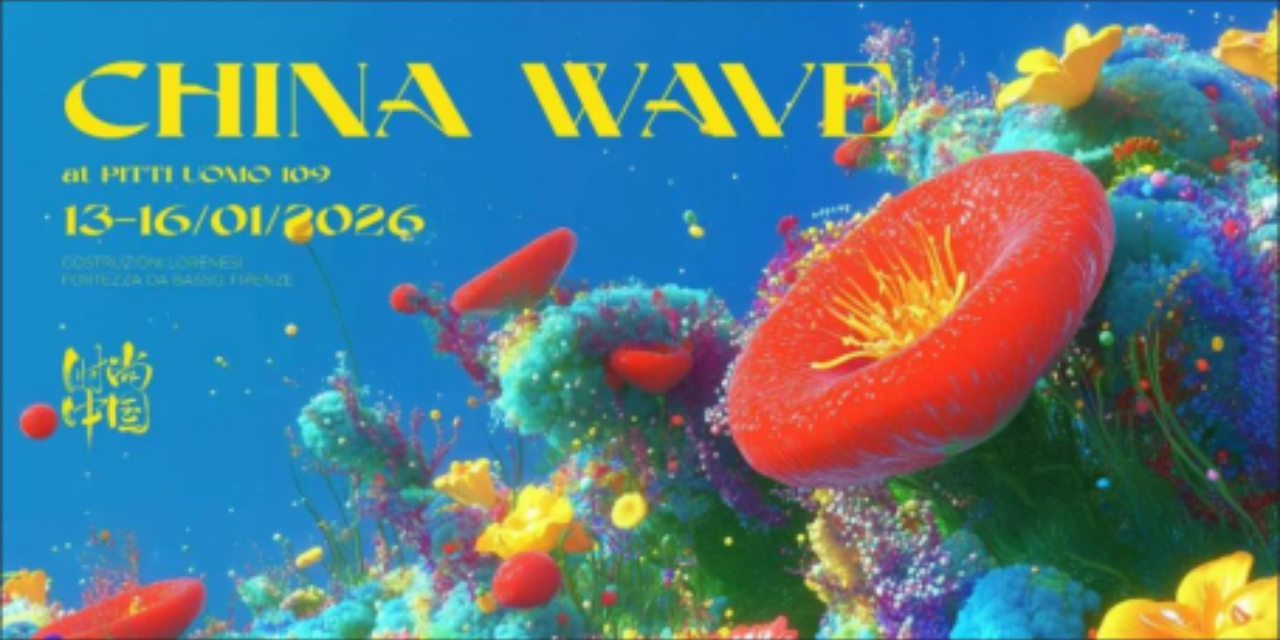Australian fashion brands have made some headway in improving supply chain transparency. About 35 per cent companies now publish full direct supplier lists. Just four cents from every dollar Australians spend on clothing makes it back to workers in garment factories. An increase of one per cent in the price of clothing would be enough to give garment workers a living wage. These are the results of a report by Baptist World Aid.
The report assesses a company’s labor rights management system against 33 criteria. The tests cover three stages of the supply chain: the raw materials, inputs production and final manufacturing; higher grades reflect companies with labor rights management systems that would reduce worker exploitation if properly implemented.
Of the 61 Australian fashion brands listed, eight scored an F rating, including Bras N Things, Decjuba, Ally Fashion and Wish Designs. A number of brands well-known in Australia received either a D or a D minus. Roger David performed poorly. It failed in marks on its policies, worker empowerment and raw materials. Betts, Boohoo, and Valleygirl all received D or D minus marks.
Other brands improved their performance considerably, including Cotton On, which received an A and topped the list for Australia-headquartered companies. Fast fashion brands such as Kmart, Jeanswest and Target all scored either a B or B plus.
Australian brands become more transparent
- 1
- 2
- 3
- 4
- 5
- 6
- 7
- 8
- 9
- 10
From Smart Factory to Smart Business: How AI in 2026 is transforming T&A fac…
The next feature, we present as part of our year-end series, 'Wrap Up 2025, Outlook 2026', as the global textile... Read more
Paperless or Powerless: Regulations as the new 'Digital Non-Tariff Barrier' defi…
As we present this feature as part of our year-end series, 'Wrap Up 2025, Outlook 2026', the global textile and... Read more
The Circular Yield Why 2026 is the year sustainability paid the dividend
As the global textile industry moves through the final quarter of the year, this feature serves as a cornerstone of... Read more
The Great Decoupling: The global play and regional and country trade outlook
This feature marks the second article in our exclusive series, "Wrap Up 2025 | Outlook 2026," where we dissect the... Read more
The Global Trade Landscape- Sourcing Reset, Resilience, Revolution: Macro driver…
The Great Pull-Forward: A 2025 retrospective The global textile and apparel industry spent much of 2025 in a state of hyper-vigilance.... Read more
Amazon built a $79 bn apparel empire, now it must learn to be a brand
For over a decade, Amazon has reigned over American fashion with a formula built on convenience, scale, and aggressive pricing.... Read more
India’s T&A sector navigates a "Mixed Bag" first half in FY26
The Indian textile and apparel industry is currently weathering a period of complex recalibration. According to the latest Wazir Textile... Read more
Techtextil 2025: Mapping India’s transition to a global hub for value-added tech…
The conclusion of the 10th edition of Techtextil India in Mumbai marks a definitive transition for the country’s textile landscape,... Read more
China Wave returns to Pitti Uomo 109: Bridging the gap from global factory to de…
The landscape of international menswear is witnessing a structural shift as the ‘China Wave’ initiative returns to the 109th edition... Read more
The Second Life of 3D: Why this tech is more alive than ever in fashion
The fashion industry is no stranger to cycles of hype and disillusionment, and 3D technology has been no exception. At... Read more












